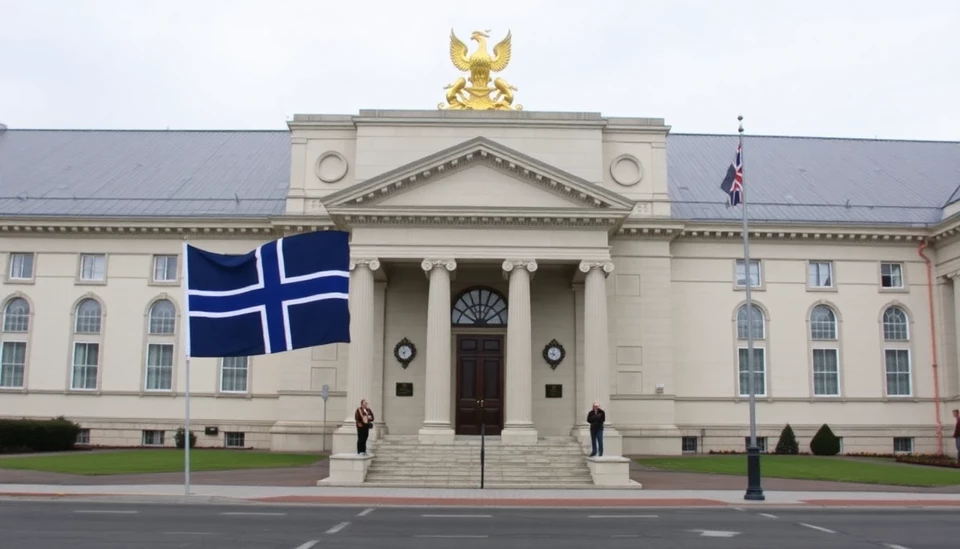
In a groundbreaking strategy to combat high interest rates affecting Western Europe, Iceland has announced the deployment of a substantial cut to its own base interest rates. This move, described as "jumbo cuts," has sparked discussions regarding its implications for the broader economic landscape and aims at providing relief to borrowers amid increasingly difficult financial conditions.
The Central Bank of Iceland, responding to the escalating economic pressures facing households and businesses, has taken decisive action by slashing interest rates significantly. This measure is intended not only to help stabilize the country's economy but also to offer a corrective response to the overwhelming debt burdens carried by many residents due to previous monetary tightening policies.
As the European financial markets grapple with one of the highest interest rates in history, Iceland's decision appears to take a stand for its citizens' immediate financial welfare. The central bank’s strategy emphasizes a proactive approach to easing the mounting repayment pressure that households are experiencing, as many are struggling under increased borrowing costs.
This cut is seen as particularly timely given that inflation rates have begun to show signs of slowing down across various sectors of the economy. By aligning its rate cuts with improved economic indicators, Iceland hopes to bolster consumer confidence and invigorate spending as the holiday season approaches.
Iceland isn't acting in isolation. The ripple effects of its rate cuts could present a crucial challenge to other European nations that have persistently maintained their higher rates. The looming question is how neighboring countries will respond—will they follow Iceland's lead, or will they resist such changes to adhere to their monetary policy goals?
Experts believe that Iceland's bold initiative could serve as a template for other countries facing similar economic realities. The delicate balance of maintaining financial stability while ensuring the economic well-being of the populace is a challenge that many governments continue to navigate. By lowering rates, Iceland sets a precedent for other central banks that may be reconsidering their positions on rate hikes in a climate of rising costs and inflationary pressures.
The reaction to this decision remains mixed, with some financial analysts praising the move as a necessary step towards recovery, while others caution that it may lead to unintended consequences in the long run. The efficacy of such drastic cuts will likely be scrutinized in the coming months as economic data reveals the actual impact on inflation and growth.
Iceland's proactive monetary policy will undoubtedly place them center stage in discussions about European fiscal strategies. As the continent moves forward, the eyes of the financial world will be keenly focused on the outcomes of this daring endeavor.
In conclusion, as Iceland boldly navigates these uncharted waters, its commitment to supporting its citizens amid financial strain offers a beacon of hope for many facing similar circumstances across Europe. With the potential for economic recovery ignited by this decision, the true test lies in how effectively it can rejuvenate consumer spending while maintaining macroeconomic balance.
#Iceland #InterestRates #EconomicPolicy #FinanceNews #CentralBank #MonetaryPolicy #EuropeanEconomy #Inflation #EconomicRecovery
Author: Laura Mitchell




